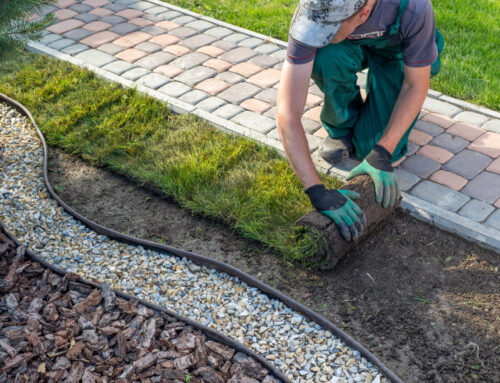Inflation Reduction Act Gives Tax Credit for Commercial Grade Mowers
October 15, 2022
The Inflation Reduction Act was signed by President Biden on Aug. 16, 2022, and this new law includes a tax credit for electric vehicles. Within the definition, large commercial grade lawn mowers are included.
The tax credit is 30 percent per vehicle/lawn mower, with a max of $7,500 per vehicle/lawn mower. The credit is available for sales made beginning Jan. 1, 2023, and the credit sunsets in 2032.
The interpretation of commercial mowers counting as mobile machinery was confirmed during a discussion on the Senate floor.
The parameters for these mowers must be less than 14,000 lbs. and have a battery capacity of not less than 7-kilowatt hours. This is significant because the parameters limit this tax credit to solely commercial-grade electric lawn mowers.
“To be able to get that credit per piece of machinery, I think, is a tremendous incentive to want to start to transition your fleet over to electric,” says Andrew Bray, VP of government affairs for the National Association of Landscape Professionals (NALP).
NALP, along with key equipment manufacturers, previously worked to have this language included in the Build Back Better legislation. When those efforts stalled, NALP continued to explore other options and had discussions with some offices about a play in the omnibus.
“When the Inflation Reduction Act came together quickly last week we were pleased to see this language intact,” Bray says. “I’d like to give specific credit to efforts of Stanley Black and Decker who helped secure Sen. Van Hollens remarks and also to John Deere for playing a critical role to include ‘mobile machinery.’ This was a great outcome for the landscape industry.”
The IRS will issue further guidance before tax filings for the 2023 year.
“It is still our mission to look for additional funding through tax credits at the federal level or rebates at the local and state level to also assist folks in making the transition with all of the electrical equipment including batteries, leaf blowers, all the other stuff,” Bray says. “That’s still a top priority. We’re not done yet, but this was a great first step.”



